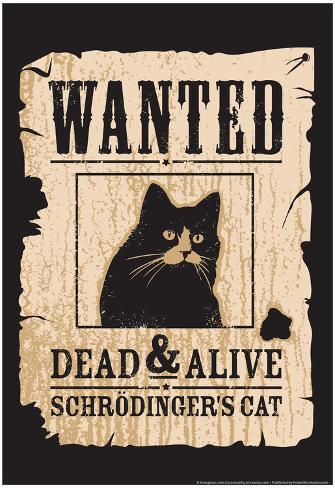Intro & Preface & Contents
Previous: Summer XIX. Literary associations
It is the second Jubilee. Bonfires blaze upon the hills, making one think of the watchman on Agamemnon’s citadel. (It were more germane to the matter to think of Queen Elizabeth and the Armada.) Though wishing the uproar happily over, I can see the good in it as well as another man. English monarchy, as we know it, is a triumph of English common sense. Grant that men cannot do without an overlord; how to make that over-lordship consist with the largest practical measure of national and individual liberty? We, at all events, have for a time solved the question. For a time only, of course; but consider the history of Europe, and our jubilation is perhaps justified.
For sixty years has the British Republic held on its way under one President. It is wide of the mark to object that other Republics, which change their President more frequently, support the semblance of over-lordship at considerably less cost to the people. Britons are minded for the present that the Head of their State shall be called King or Queen; the name is pleasant to them; it corresponds to a popular sentiment, vaguely understood, but still operative, which is called loyalty... The nation is content to pay the price; it is the nation’s affair. Moreover, who can feel the least assurance that a change to one of the common forms of Republicanism would be for the general advantage? Do we find that countries which have made the experiment are so very much better off than our own in point of stable, quiet government and of national welfare? The theorist scoffs at forms which have survived their meaning, at privilege which will bear no examination, at compromises which sound ludicrous, at submissions which seem contemptible; but let him put forward his practical scheme for making men rational, consistent, just. Englishmen, I imagine, are not endowed with these qualities in any extraordinary degree. Their strength, politically speaking, lies in a recognition of expediency, complemented by respect for the established fact...
This Jubilee declares a legitimate triumph of the average man. Look back for threescore years, and who shall affect to doubt that the time has been marked by many improvements in the material life of the English people? Often have they been at loggerheads among themselves, but they have never flown at each other’s throats, and for every grave dispute has resulted some substantial gain... So let cresset flare into the night from all the hills! It is no purchased exultation, no servile flattery. The People acclaims itself, yet not without genuine gratitude and affection towards the Representative of its glory and its power. The Constitutional Compact has been well preserved. Review the record of kingdoms, and say how often it has come to pass that sovereign and people rejoiced together over bloodless victories.
Alpha.
Honestly I had forgotten Victoria lived into the 20th century... poor Edward. Elizabeth II, and Britain, celebrated her second, or Diamond, Jubilee just two summers ago... poor Charles. I don’t know if this says more about the longevity of these Germanic noblewomen or more about the frailty of their kinsmen.
“Peculiar institution” usually refers to slavery, especially in the U.S.A., but, for an American, British Constitutional Monarchy is similarly peculiar. Imagine someone proposing to enlist an aristocratic family from some random foreign country to act as figurehead for the U.S.A. (with no actual political function to speak of) in exchange for generous gifts of land and money. It is hard to imagine anything more absurd.
Still, as a good Burkeian conservative, I don’t disagree with Ryecroft about leaving well-enough alone. Plus, we get the benefit, such as it is, of all the gossip and drama of the English Royals. We really should be subsidizing a few of those “Windsors.” Perhaps we could adopt the “spare,” Harry. We could give him more opportunities to fly attack helicopters.
Kill the Cat.
I wrote about this somewhere but now I can’t find it. If the average person has heard anything about Quantum Mechanics it is probably Schrödinger's Cat. But if it was up to me any further talk of The Cat would be banned.
The most important thing to understand about The Cat is that Schrödinger invented that thought experiment not to clarity the science but to emphasize the absurdity of the conclusions of that science. The point was to have the listener throw up their hands and say, “That is ridiculous!” But then the experimentation continued to demonstrate that, as absurd as the implications sound, Quantum Mechanics seems to be an accurate description of the physical world at the smallest scale. That The Cat really is both alive and dead doesn’t contribute to anyone’s understanding of the matter (small joke there with “matter”). The Big Bang Theory’s (TV show) romantic interpretation actually is more helpful -- until you go out on a date and see how it plays out, your potential relationship is both a success and a failure.
Next: Summer XXI. British character.

No comments:
Post a Comment